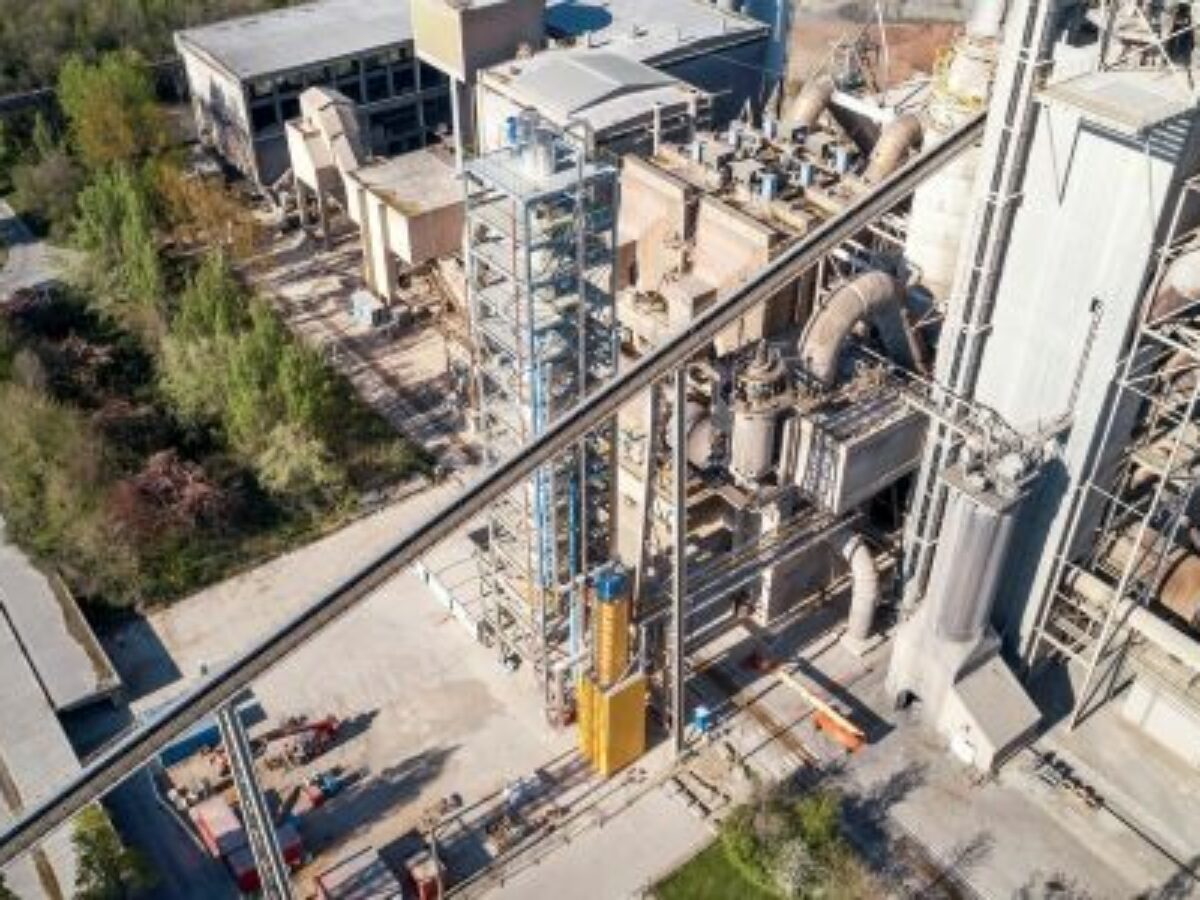Calix and Cemex in three new CCUS projects

Australian industrial technology developer Calix has confirmed that global building materials manufacturer Cemex is conducting three new carbon capture, utilisation and storage projects utilising its low emissions cement production technology.
Cemex S.A.B de C.V had announced three front engineering (FEED) studies to scale CCUS projects at Cemex projects in Germany, Poland and the United States vis media release in Europe.
Cemex said in the release: “The studies fall under the scope of a new global license agreement with Leilac, a subsidiary of Australian technology company Calix.
“The agreement enables Cemex to leverage Leilac's highly efficient direct separation technology, to capture CO2, at a low cost in its operations.”
Calix confirmed for investors that the two companies are working closely together to progress the three projects.
Leilac and Cemex have a longstanding partnership studying the Leilac technology, which utilises a new type of kiln where raw materials are heated from outside a kiln, allowing the collection of carbon rich process gases produced in the cement and lime making process.
Traditional processes involve combustion inside a kiln where gases cannot be readily captured, making cement and lime production among the most hard to abate industrial processes.
Cemex is a founding partner of a consortium of companies and institutions partnering to develop Leilac technology through the European Union backed Leilac 1 (pictured) and Leilac 2 projects.
In March Calix’s lead Leilac 2 project passed its financial investment decision and began moves to build a plant capable of capturing 20 per cent of an existing cement plant’s CO2 emissions at low cost.
Leilac 2 follows successful Leilac 1 trials, and involves retrofitting a HidelbergCement’s operational plant in Hannover Germany, supported by grants from the European Union Horizon 2020 scheme which aims to reduce emissions from cement and lime production.
In October Calix announced its subsidiary Leilac had signed a perpetual global licence agreement for the use of its decarbonisation technology with Heidelberg Materials, one of the world’s largest building materials companies.
The licence agreement applies to any Heidelberg Materials facility where Calix’s Leilac decarbonisation technology is installed – Heidelberg Materials operates 149 cement plants across five continents.
Further reading:
CALIX LOW EMISSIONS CEMENT TECHNOLOGY GETS GREEN LIGHT
CALIX LICENSES LOW-EMISSION CEMENT TECH TO GERMAN GIANT
Picture: The operational Leilac-1 pilot plant at Heidelberg Materials facility in Lixhe, Belgium.
Topics Manufacturing News Technology
@aumanufacturing Sections
Analysis and Commentary Awards casino reviews Defence Gambling Manufacturing News Online Casino Podcast Technology Videos

